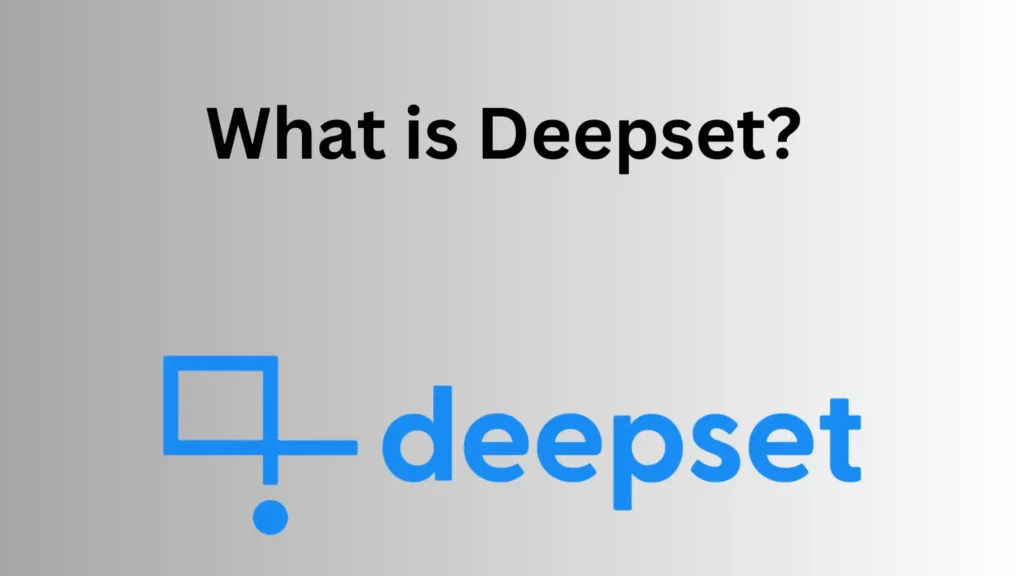What is cloudfactory? A Look into its Features, Pros and Cons and Alternatives

CloudFactory stands as a game-changer in the realm of digital workforce solutions, blending human intelligence with advanced technology. In this exploration, we’ll unpack its diverse uses, distinctive features, and the competitors it contends with in the industry. Background Story CloudFactory was founded in 2010 by Mark Sears, who had previously worked in Nepal as a volunteer and saw the potential of the country’s workforce in the global market. He started CloudFactory with the aim of providing meaningful work to people in developing countries while helping businesses automate and outsource their back-office data work. The company is headquartered in Kowloon, China, and has offices in the US, UK, and Nepal. CloudFactory has received funding from several institutional investors, including FTV Capital, Sovereign’s Capital, and Praxis. Target Customers CloudFactory’s target customers are startups and growing companies that need to automate and outsource their back-office data work. The company’s API allows businesses and developers to integrate a virtual factory for types of digital work such as tagging images, moderating content, generating sales leads, and transcribing audio content. The work is done virtually by workers around the world, providing businesses with a scalable and cost-effective solution for their data work needs. The industries it majorly focuses on include: Featured Customers CloudFactory has worked with several high-profile customers, including Microsoft, Drive.ai, and Ibotta. Microsoft used CloudFactory’s services to train its AI models for image recognition, while Drive.ai used the company’s data labeling services to develop its self-driving car technology. Ibotta, a mobile shopping app, used CloudFactory’s services to categorize and tag product images for its platform. Funding and Capital Raised CloudFactory has raised a total of $78 million over five funding rounds. The company’s first funding round was in September 2012, and its latest funding round was a Series C round in November 2019 for $65 million. The round was led by FTV Capital, with participation from Weatherford Capital. CloudFactory’s estimated revenue is not publicly available. Products and Services CloudFactory provides an API for businesses and developers to automate and outsource their back-office data work. The company’s services include data labeling, data enrichment, data entry, and data transcription. CloudFactory’s workers are trained to perform these tasks accurately and efficiently, ensuring high-quality results for its customers. The company’s API allows developers to integrate jobs and work into other applications and sites, making it easy for businesses to manage their data work needs. What is Deepest, Uses, Alternatives, Features, and More Competitors CloudFactory operates in a highly competitive market, with over 200 active competitors. Some of CloudFactory’s top .. competitors include: Pros and Cons of CloudFactory Pros Cons
What is Deepset, Uses, Alternatives, Features, and More

Deepset.ai stands at the forefront of NLP innovations, transforming textual data into actionable insights. Join us as we delve into the workings and offerings of this leading-edge tech powerhouse. Background Story Deepset is an enterprise software vendor that provides developers with the tools to build production-ready natural language processing (NLP) systems. The company was founded in 2018 in Berlin, Germany by Milos Rusic, Malte Pietsch, and Timo Möller. The founders had a vision to make NLP accessible to everyone, regardless of their technical expertise. They wanted to create a platform that would enable developers to build NLP systems quickly and easily, without having to worry about the underlying infrastructure. Target Customers Deepset’s target customers are developers and data scientists who want to build NLP systems for their organizations. The company’s platform is designed to be easy to use, even for those who are not experts in NLP. Deepset’s customers come from a variety of industries, including finance, healthcare, and e-commerce. Deepset has served a number of customers since its inception. Some of its featured customers include Deutsche Bahn, Germany’s national railway company, and the German Federal Ministry of Education and Research. Deepset has also worked with a number of startups, including Flink, a German grocery delivery startup, and Hasty.ai, a platform for building computer vision models. The industries it majorly focuses on include: What is Roboflow, Uses, Alternatives, Features, and Everything You Need to Know Funding and Capital Raised Deepset has raised a total of $45.6 million in funding to date. The company’s most recent funding round was a Series B investment round of $30 million led by Balderton Capital, with participation from existing investors GV, System.One, Lunar Ventures, and Harpoon Ventures. In April 2022, the company announced a Series A investment round of $14 million led by GV, with participation from Harpoon Ventures, Acequia Capital, and a team of experienced commercial open source software and machine learning founders. Deepset’s previous pre-seed investment round of $1.6 million was led by System.One and Lunar Ventures, who also participated in the subsequent Series A round. Products and Services Deepset offers two main products: Haystack and deepset Cloud. Haystack is an open source software that enables developers to build NLP systems quickly and easily. It includes a number of pre-built components, such as document stores, retrievers, and readers, that can be combined to create custom NLP pipelines. Haystack is designed to be modular and flexible, so developers can easily swap out components as needed. Deepset Cloud is a commercial SaaS offering that provides a managed version of Haystack. It includes additional features, such as automatic scaling, monitoring, and support. Deepset Cloud is designed to be easy to use, even for those who are not experts in NLP. It allows developers to focus on building their NLP applications, rather than worrying about the underlying infrastructure. Competitors Pros and Cons of Deepset Pros Cons
